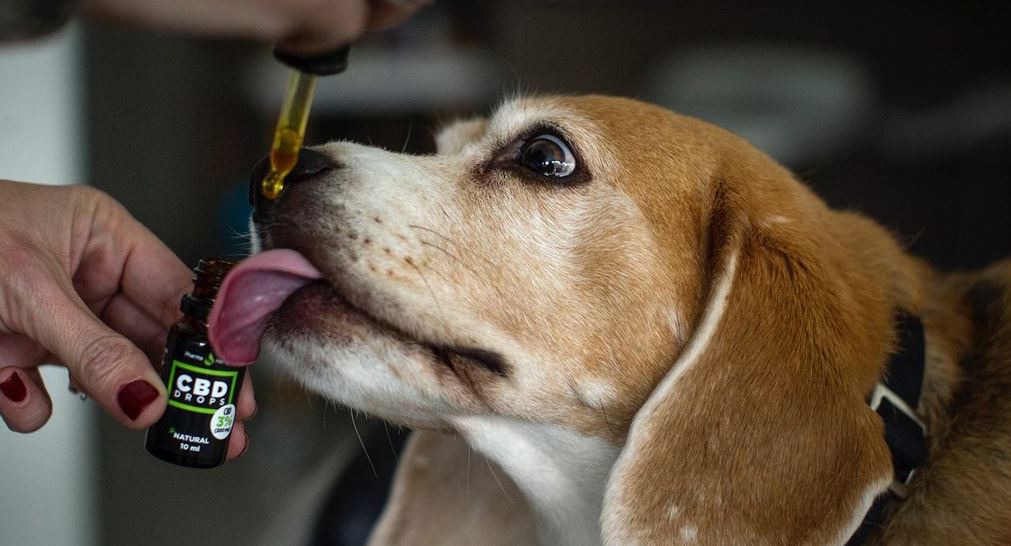CBD, or cannabidiol, has gained a lot of popularity in the market in the last year. Similarly, the use of CBD for pets has increased. You should look for the right type for your dogs. The full spectrum cbd oil for dogs and broad-spectrum type are some of the best options for your pet. Many questions remain, especially in regards to safety, efficacy, dosage, and other issues.
Research on CBD for Animals
Not surprisingly, research on the medicinal use of CBD in animals is still in its infancy. Anecdotally, many vets refuse to use it themselves, although they know that many owners use CBD for their animals. If you are thinking of giving your four-legged friend CBD, talk to your vet first, especially if your animal is currently on any medication or treatment plan.
What is CBD Used for in Animals?
As mentioned, research on the use of CBD in animals is very limited. For dogs, little information is available, and it is even more limited for cats.
research on the use of CBD in animals is very limited. For dogs, little information is available, and it is even more limited for cats.
In dogs, CBD is used to give symptomatic relief from seizures, nausea, stress, anxiety, arthritis, back pain, cancer symptoms, and digestive problems. In cats, CBD is used to give symptomatic relief from inflammatory conditions, pain, anxiety, and to improve comfort.
How does CBD Work?
Most mammals, including humans, dogs, and cats have a system known as the endocannabinoid system (SEC). This system is responsible for regulating various body systems and functions, including appetite control, immune and digestive systems, pain response, sleep, reproduction, mood, memory, muscle function, and temperature regulation. The SEC uses two different receptors, called CB1 and CB2. When thinking of receivers, the most useful analogy is the lock and key idea mentioned above. The receptors are the locks, and the CBD and other cannabinoids are the keys.
The CB1 receptor is found mainly in cells of the brain and spinal cord. This is the receptor to which psychoactive THC binds or “unlocks,” and it is likely that this is how THC produces its psychoactive effects, directly affecting brain cells.
The CB2 receptor, on the other hand, is found throughout the rest of the body and on nerves outside the brain and spinal cord. CBD binds to these receptors and “unlocks” those receptors that mediate and provide regulation of pain perception, muscle control, appetite, and the digestive system. CBD also binds weakly to the CB1 receptor and appears to displace natural “keys”: natural endocannabinoids like 2AG and AEA. This is probably CBD’s underlying mechanism for affecting mood, anxiety, and sleep.
on the other hand, is found throughout the rest of the body and on nerves outside the brain and spinal cord. CBD binds to these receptors and “unlocks” those receptors that mediate and provide regulation of pain perception, muscle control, appetite, and the digestive system. CBD also binds weakly to the CB1 receptor and appears to displace natural “keys”: natural endocannabinoids like 2AG and AEA. This is probably CBD’s underlying mechanism for affecting mood, anxiety, and sleep.

